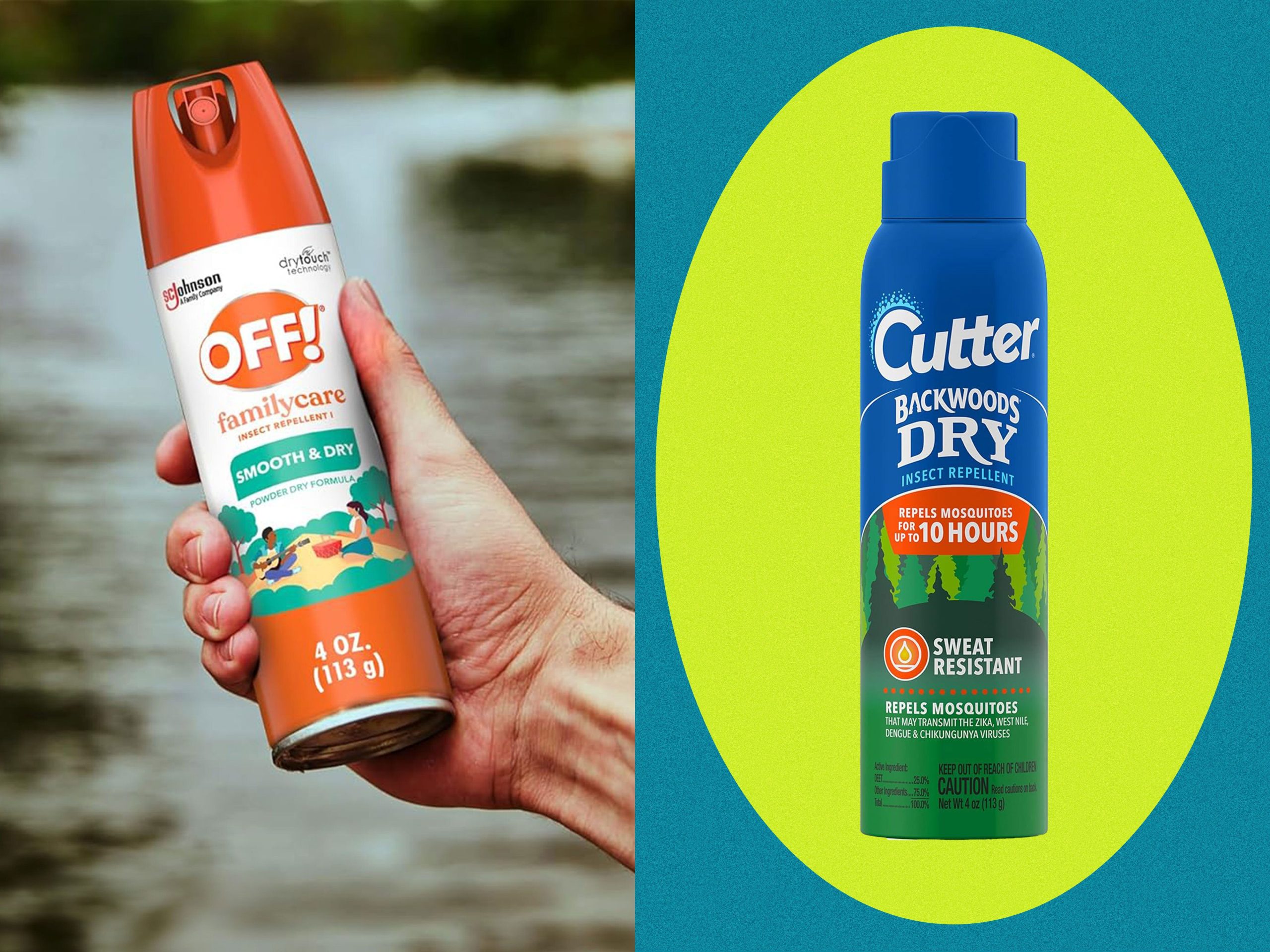The allure of the great outdoors often comes with an unwelcome companion: pesky insects. Mosquitoes, ticks, and other creepy-crawlies can quickly turn a pleasant experience into an itchy, irritating ordeal, but arming yourself with the right tools, particularly the best bug repellents, can ensure your time spent outside remains enjoyable and bite-free.
Beyond mere discomfort, insect bites pose a more serious threat as vectors for various illnesses, making effective prevention paramount for public health. Safeguarding against mosquito-borne diseases and tick-borne infections is crucial, enabling you to fully embrace activities like hiking, park visits, or backyard barbecues without constant worry.
Navigating the vast array of available products to identify those that genuinely work can be challenging. To cut through the noise and separate potent formulations from empty promises, experts in dermatology and entomology were consulted, providing invaluable insights into the active ingredients and characteristics that define truly effective insect control solutions.
A key indicator of a reliable bug repellent is its registration with the Environmental Protection Agency (EPA). Products bearing an EPA registration number on their packaging have undergone rigorous testing, assuring consumers of their safety and efficacy when used as directed for personal protection against biting insects.
The most common and effective active ingredients endorsed by experts include DEET, picaridin, oil of lemon eucalyptus, IR3535, and permethrin. While each offers robust protection, they come with distinct advantages and disadvantages, allowing consumers to choose the best option based on their specific needs and preferences for outdoor gear.
DEET, a widely recognized ingredient, continues to be highly effective against a broad spectrum of biting insects, including mosquitoes and ticks. The prevailing scientific theory suggests that DEET works by disrupting insects’ ability to detect human scents, essentially rendering us invisible to their sophisticated sensory systems.
For those seeking a DEET-free alternative, picaridin stands out as an excellent choice. This synthetic compound mimics natural piperine and, when present in concentrations of 20% or more, provides reliable protection by making it difficult for insects to locate and bite humans, offering a pleasant feel without the typical DEET scent or texture.
Beyond active ingredients, factors like application method, duration of protection, and water resistance also play a significant role in a repellent’s overall effectiveness. Consumers should consider their activity level and environmental conditions when selecting a product to ensure sustained insect protection during their outdoor adventures.
Remember that even with the best bug repellent, vigilance remains essential. Always perform a thorough tick check upon returning indoors after spending time in grassy or wooded areas, complementing your defense strategy for comprehensive outdoor safety and peace of mind.






Leave a Reply